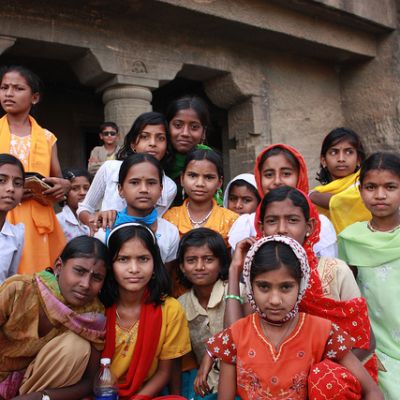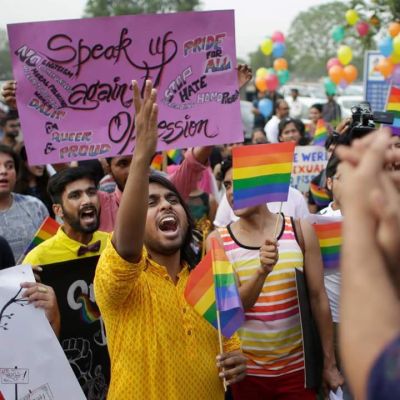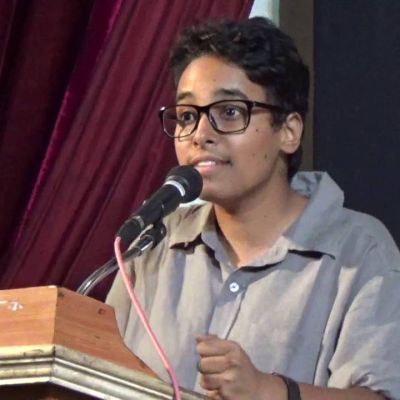caste
At present Neel[1] and I live-together, part-time. I write part-time because I stay alternately with him and with my sister…
If feminism is about fighting for equality, then how can we ensure that our feminism is truly inclusive and equal? Does it feature only a certain kind of voice or experience, and not take into account the multiple axes of oppression that another group of people may face?
In our mid-month issue, Amit Timilsina writes about the role class plays in the decisions that young people make, and what he himself, as a young person and a youth leader, had to do to gain access to resources and to professional acceptance.
हमें इस तरह से ढाला गया है कि तथाकथित ‘विकल्प’ जो हमारे संबंधों को परिभाषित करते हैं, वे भी हमारे लिए हुए विकल्प नहीं बल्कि समाज द्वारा सृजित हैं। हालाँकि, जैसा कि हमने देखा है, इन सभी चुनौतियों के बावजूद, महिलाएँ, जब वे खुद को व्यक्तियों के रूप में महत्वपूर्ण मानने लगती हैं, तो वे अपने परिवेश और परिवार के सदस्यों के साथ बातचीत करने की रणनीति तैयार करती हैं।
In our mid-month issue, we have the second part of the Shikha Aleya’s interview with six different people talking about aspects of sexuality and diversity from their own particular space of personal knowledge, as well as work, advocacy, art and activism across diverse fields.
Diversity, I think, can be a deceptive word. On the surface it carries the promise of plurality and multiple possibilities. Yet, it is deployed in ways that simply reinscribe normative two-gender stereotypes and heteronormativity.
Choices about life, relationships and desires are all defined based on socio-economic background, caste, class, gender and sexuality. When these young girls found a comfortable and safe space, they openly talked about their desires and experiences and how they negotiated their existing environments in order to pursue their desires.
A methodological approach to the study of memory and sexuality helps delineate interesting connections between the two: memory as a methodological tool for the study of sexualities, memory as an object of study, and the role of personal memory in the formation of individual sexualities.
Historically, morality has been a privilege of the Savarna, and sexuality has been the fort that Savarna men seek to protect through patriarchy.
A deeply entrenched issue in Indian society, the monster of caste, as Dr. Ambedkar called it, derides, tramples upon, rips…
In November 2015, during the Delhi Queer Pride March, three individuals held up signs that read, ‘Dalit, Queer, Proud’, establishing…
Advancing the most penetrative and succinct theory of caste, Dr. B. R. Ambedkar had this to say in 1916 when…
The relationship between caste and sexuality has always been a complicated one, one that is performed through socially sanctioned practices,…
I still remember my early childhood days when we used to get lessons on caste in our day-to-day lives. Coming…
Is Brahminical patriarchy present in queer spaces? How can marginalised groups effectively advocate for themselves without relying too heavily on…















